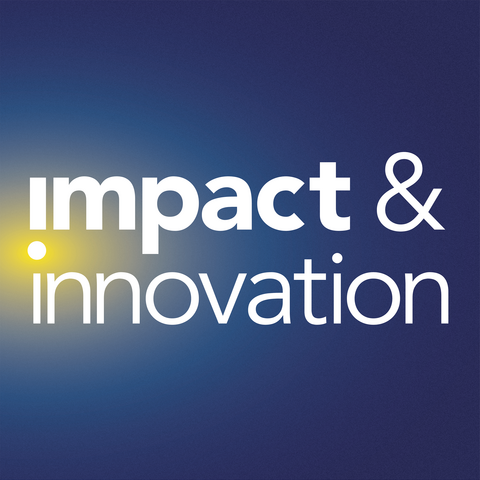Social Impact
The Funding Crisis Facing Nonprofits
We talked to Andrea Levere ’83 and Alexandra Sing ’20, CEO and COO of Capitalize Good, about the state of the social sector and the increased urgency of their work working with funders and nonprofits to move toward a model of stable, long-term capital.
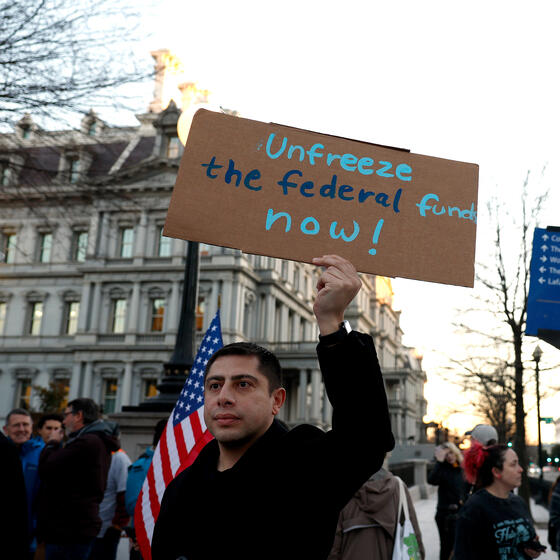
How Do You Build Effective Public-Private Partnerships?
The World Bank’s Isabel Marques de Sá explains how these enormously complex contracts can be tools for innovation and capacity building.

Can the Graduation Approach Help to End Extreme Poverty?
The graduation approach to moving households out of extreme poverty and into sustainable livelihoods requires intensive up-front investments but seems to be cost effective in the long run.
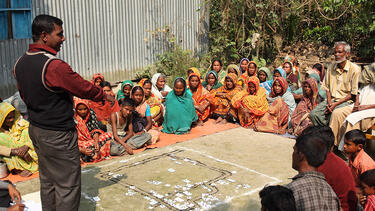
Are We Making Progress in Addressing Humanitarian Crises?
Mercy Corps CEO Neal Keny-Guyer ’82 discusses the challenges of addressing the world’s worst humanitarian crises—and where he finds hope.
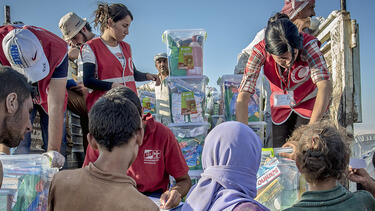
Can We Create Affordable Housing in the World’s Fastest-Growing Cities?
Ira Peppercorn ’85 says that creating affordable housing in the world’s fastest-growing cities requires accurate data and an incremental approach.
What Makes a Museum Successful?
Daniel Weiss ’85, president of the Met, discusses the challenges of changing with the times while preserving the past.
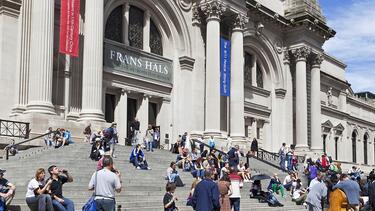
What Keeps the Poor from Adopting New Technology?
Yale SOM’s Mushfiq Mobarak talks with three practitioners about improving the process of technology adoption among the poor.
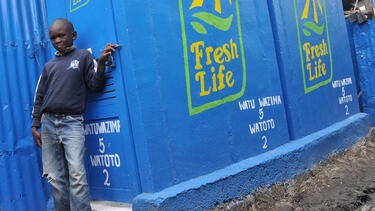
Can Social Innovation and Cross-Sectoral Collaboration Help Solve South Africa’s Problems?
Dr. Francois Bonnici of the University of Cape Town on navigating South Africa's turbulent social sector.
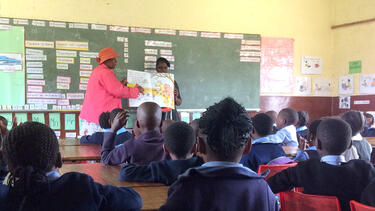
How Should Nonprofits Invest?
Sandra Urie ’85 of Cambridge Associates talks about helping clients find the right level of risk.
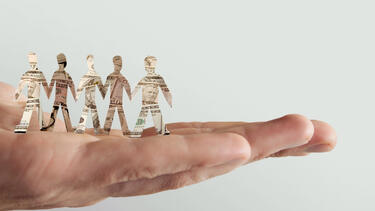
Balancing the Letter and the Spirit
Should organizations favor the dependable efficiency of rules and standards or a less calculated but more flexible operation that bends to accommodate individual situations? How about both?
What Does an Economist Make of the Ice Bucket Challenge?
Somehow ice and cold water have become the social media phenomenon of the summer. Millions of people have shivered and screamed while dumping buckets of ice over their own heads, and a medical charity has tens of millions of dollars raised as a result. Yale Insights spoke with Yale economist Florian Ederer to try to make sense of all of this.

